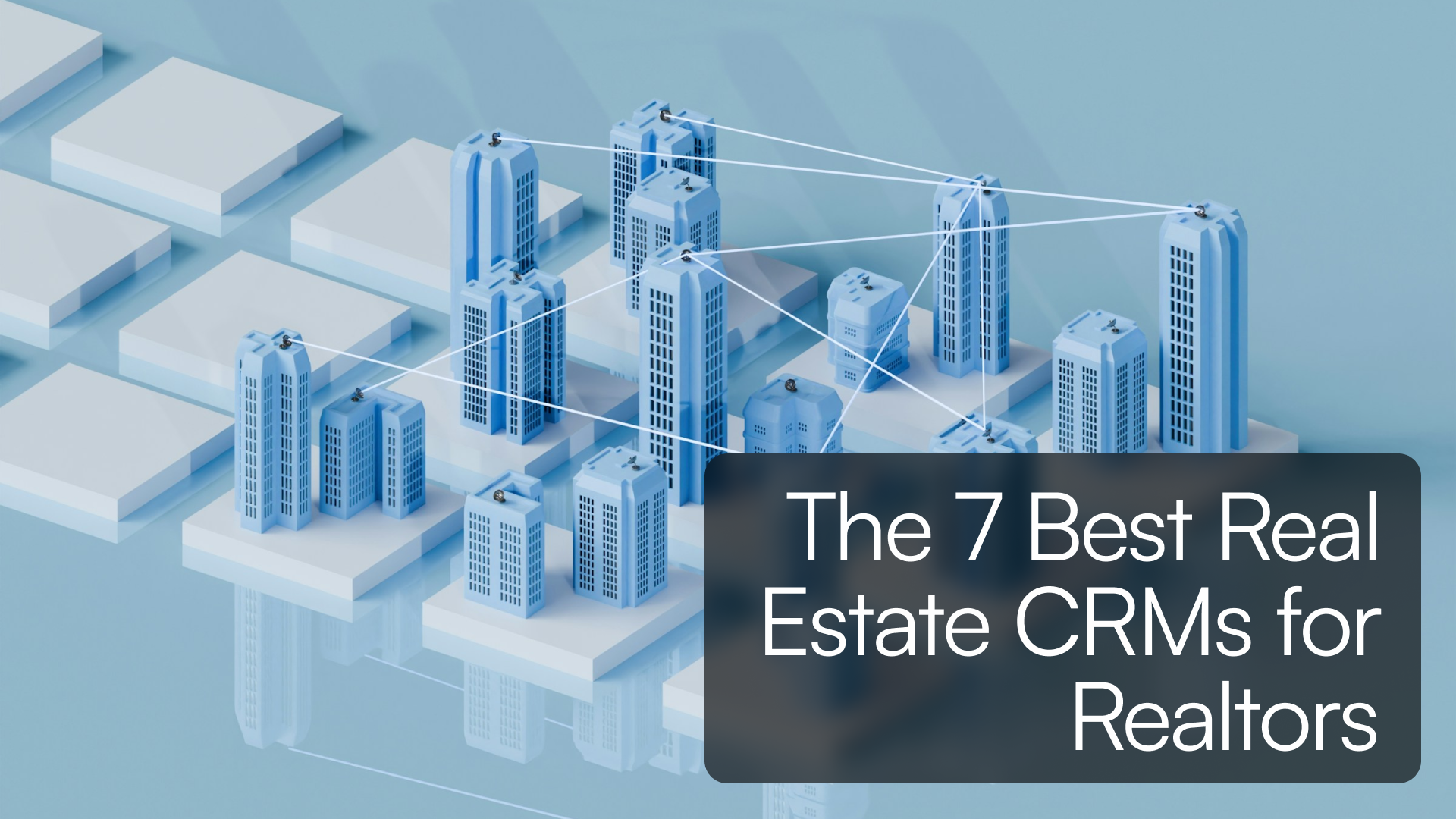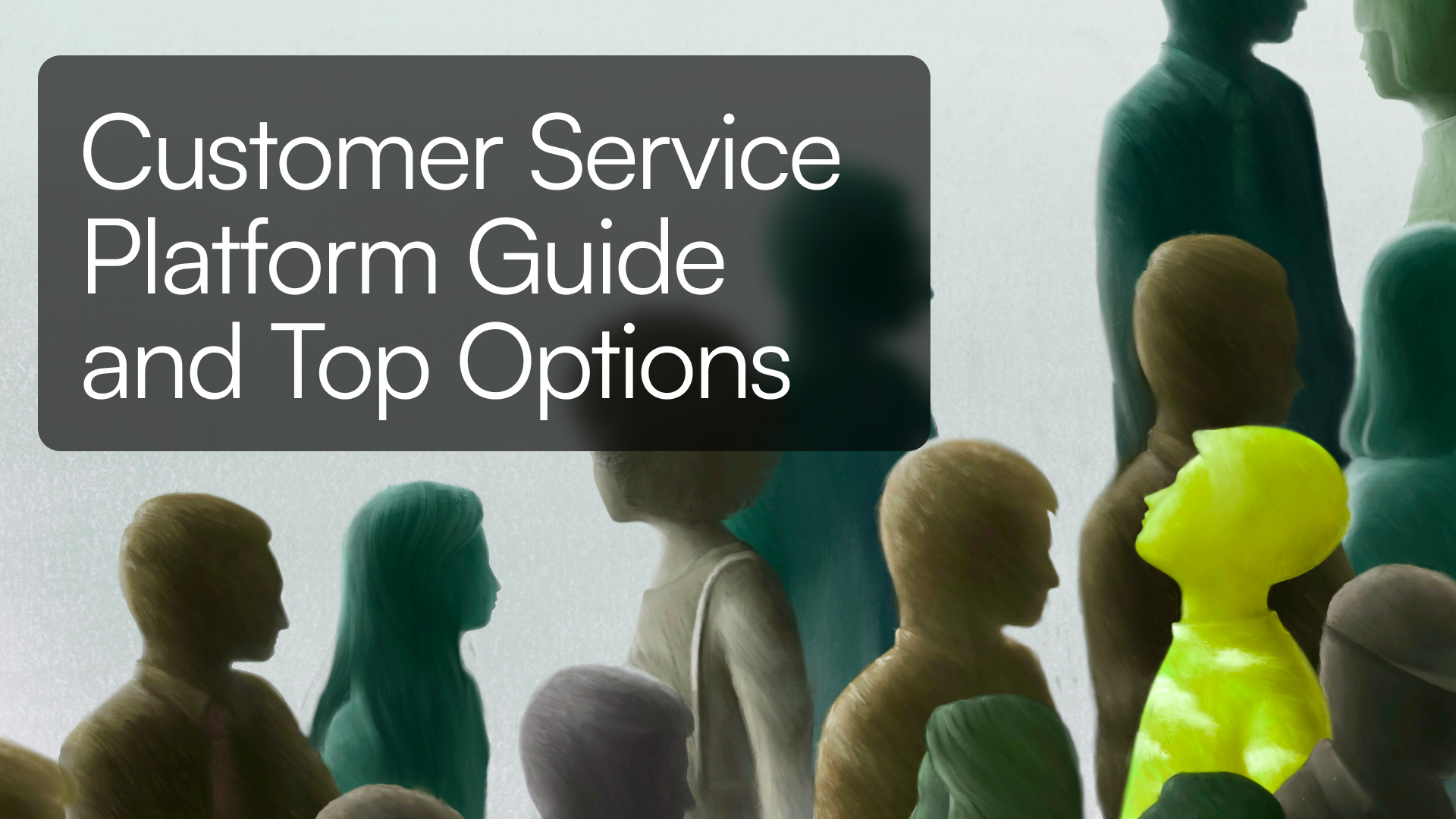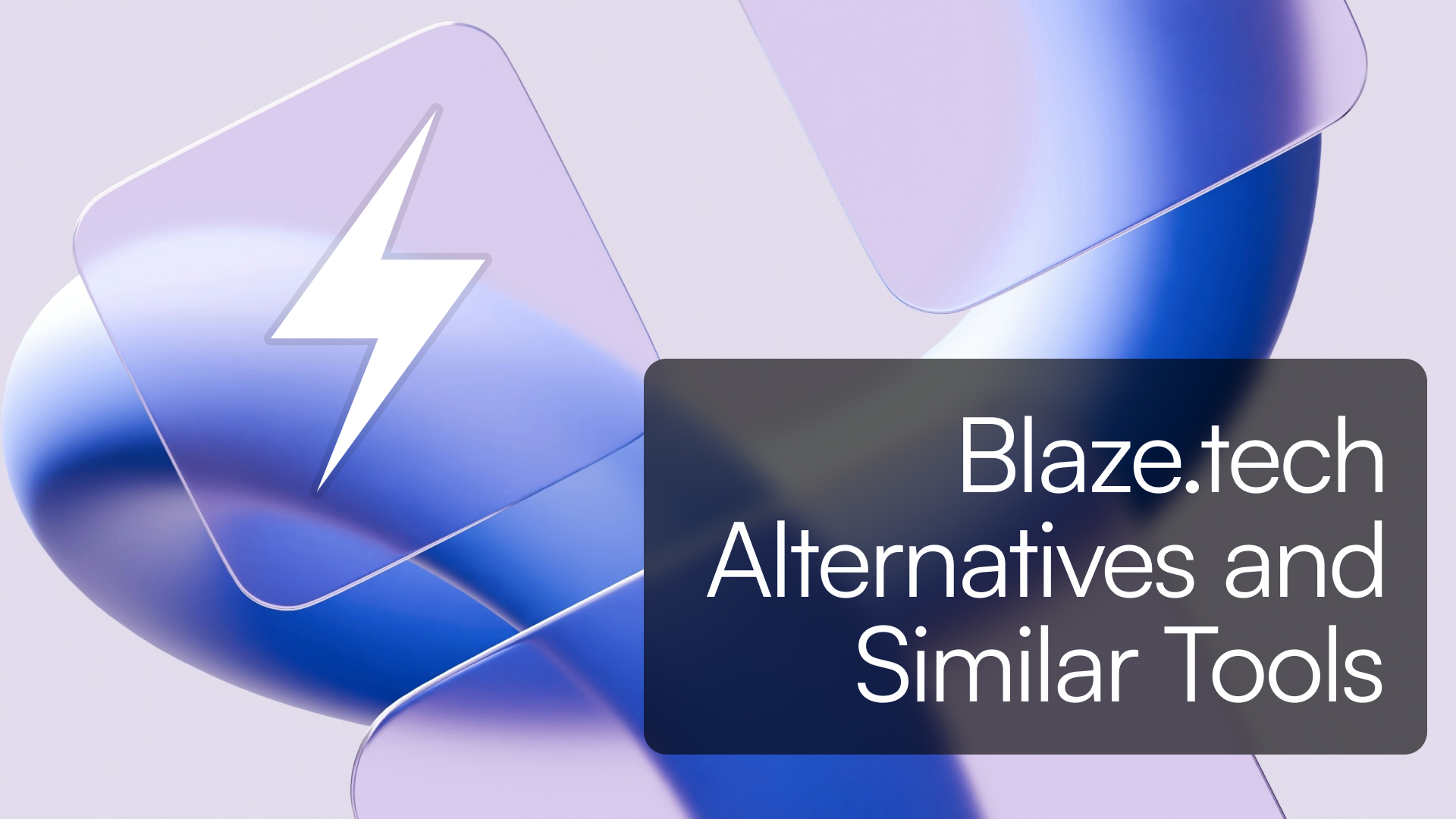Introduction
Real estate agents and brokers need more than just a contact book, they need a CRM platform that helps them manage leads, streamline communication, and track deals efficiently. With the variety of options available, finding the right real estate CRM can be a game-changer for your business.
After extensive research and analysis of the top CRM tools available, this guide provides an overview of the best real estate CRM platforms in 2026, helping agents make informed decisions based on their unique needs.
The 7 Best Real Estate CRMs for Realtors in 2026
1. Tadabase: A Customizable CRM for Real Estate Professionals
One of the most versatile CRMs available, Tadabase stands out for its high level of customization and flexibility. Unlike traditional CRMs, Tadabase allows real estate professionals to build their own workflows and apps that fit their exact business needs.
Key Features:
- Comprehensive Lead Management: Capture and manage leads from sources like your website, Zillow, and Realtor. Tadabase’s custom pipelines enable you to organize leads based on your specific processes.
- Automation: Create automated workflows for follow-ups, task assignments, and transaction tracking, freeing up time to focus on client relationships.
- Customization: Design custom fields, workflows, and apps to handle everything from property listings to deal tracking.
- Integrations: Integrate with popular real estate tools and platforms, ensuring a seamless workflow.
Explore Tadabase’s Real Estate CRM templates to see how you can create a CRM tailored to your business.
Explore custom CRM options.
Pros:
- Highly customizable to fit your needs
- Automates lead tracking and complex workflows
- Ideal for brokerages with unique processes
Cons:
- Requires some initial setup and learning to maximize potential

2. Follow Up Boss: Best for Seamless Lead Management
Follow Up Boss is a popular CRM known for its straightforward approach to lead management. It integrates with platforms like Zillow and Realtor, making it ideal for agents who generate leads online and need a quick, effective way to manage them.
Key Features:
- Lead Routing: Automatically assign new leads to agents based on set rules, ensuring fast responses.
- Automation: Set up automated email and SMS follow-ups to nurture leads effortlessly.
- Mobile App: Manage leads and contacts on the go with a feature-rich mobile app.
Pros:
- Simple and easy to use
- Excellent for managing and distributing leads
Cons:
- Less customizable than some other platforms
- Costs can increase for larger teams
3. Lone Wolf Relationships: A Cost-Effective CRM for Small Teams
![]() For smaller teams and solo agents, Lone Wolf Relationships provides a solid set of features at an affordable price point. It offers tools like task automation, making it an effective yet budget-conscious choice for real estate professionals.
For smaller teams and solo agents, Lone Wolf Relationships provides a solid set of features at an affordable price point. It offers tools like task automation, making it an effective yet budget-conscious choice for real estate professionals.
Key Features:
-
AI-powered email composing: Write AI-powered emails that are personalized, engaging and professional.
-
Seamless contact syncing: Easily manage your contacts and leads in once place.
-
Powerful communications and tasks tracking: Stay connected with your leads by tracking interactions, tasks and opportunities.
Pros:
- Affordable for smaller teams and solo agents
- User-friendly interface
Cons:
- Lacks some advanced features available in more premium CRMs
4. KVCore: An All-in-One Real Estate CRM Platform
KVCore combines CRM functionality with lead generation and IDX websites, offering a comprehensive solution for larger brokerages. It's designed to handle everything from capturing leads to closing deals, making it a popular choice for real estate teams needing an all-in-one platform.
Key Features:
- IDX Websites: Generate leads from your own branded website and capture them directly in KVCore’s CRM.
- Automation: Set up automated follow-ups and drip campaigns to keep leads engaged.
- Lead Routing: Sophisticated routing options ensure leads are distributed to agents efficiently.
Pros:
- Includes built-in lead generation tools
- Designed for larger teams with advanced needs
Cons:
- Higher cost, especially for small teams
- Steeper learning curve
5. Wise Agent: A CRM Focused on Transaction Management
Wise Agent is known for its strong focus on transaction management, helping agents track every step of the buying or selling process. It’s a simple, reliable CRM that provides the key features real estate professionals need without overcomplicating things.
Key Features:
- Transaction Management: Track deals from start to finish, making sure nothing falls through the cracks.
- Lead Automation: Set automated follow-up reminders to ensure consistent communication with prospects.
- 24/7 Support: Round-the-clock customer support ensures that help is always available.
Pros:
- Affordable and real estate-specific features
- Strong focus on transaction management
Cons:
- No mobile app available
- Fewer marketing automation tools compared to other CRMs
6. Zoho CRM: Best for Large Teams with Customization Needs
While not built specifically for real estate, Zoho CRM offers high levels of customization that make it a solid choice for large teams looking for a tailored solution. Zoho allows you to design workflows and reports that align with your unique business needs, making it adaptable for a variety of use cases.
Key Features:
- Customization: Build custom fields, workflows, and reports that fit your specific needs.
- Integrations: Connect with hundreds of third-party tools, such as email marketing platforms and property management software.
- Automation: Automate lead follow-ups, tasks, and email campaigns.
Pros:
- Highly customizable
- Extensive integration options
Cons:
- Requires technical setup
- Not real estate-specific out of the box
7. Pipedrive: Simple and Visual Sales Pipeline Management
Pipedrive is known for its visual sales pipeline, making it easy to track where each lead is in the sales process. Although it’s not built specifically for real estate, its simple design and ease of use make it popular among real estate agents focused on managing deals.
Key Features:
- Visual Pipeline: Track leads through a drag-and-drop pipeline interface.
- Email Tracking: Monitor when clients open your emails, ensuring timely follow-ups.
- Task Management: Schedule follow-ups and manage tasks directly from the dashboard.
Pros:
- Intuitive, visual interface
- Simple setup process
Cons:
- Not tailored for real estate
- Limited automation features
Conclusion
Selecting the right CRM comes down to your specific needs—whether you’re a solo agent, part of a small team, or managing a large brokerage. If you need a fully customizable solution that can grow with your business, Tadabase is a great choice. It offers the flexibility to build a system tailored to your unique workflows, automate complex tasks, and scale as your business evolves.
For those who prioritize affordability and ease of use, platforms like Lone Wolf Relationships and Wise Agent provide strong alternatives for smaller teams or individual agents. On the other hand, brokerages requiring an all-in-one solution may find KVCore or Follow Up Boss more aligned with their needs.
Ultimately, the key is choosing a CRM that helps you stay organized, streamline your operations, and build stronger relationships with your clients—because in real estate, relationships are everything.
Frequently Asked Questions
1. What is a Real Estate CRM?
A real estate CRM is a platform designed to help agents and brokers manage client relationships, track leads, automate communication, and close deals efficiently. By centralizing data, CRMs help agents stay organized and deliver better client service.
2. Why Do Real Estate Agents Need a CRM?
Managing leads, tasks, and client communication can be overwhelming without the right tools. A CRM helps agents automate follow-ups, track every deal, and ensure that no opportunities slip through the cracks.
3. How to Choose the Best Real Estate CRM?
Choosing the best CRM depends on your team’s size, your budget, and the features you need. A small team might prefer a simple, affordable CRM like Lone Wolf Relationships, while larger brokerages benefit from more robust and customizable options like Tadabase.
4. Top Features to Look for in a Real Estate CRM:
- Lead Management: Automatically capture and organize leads from multiple sources.
- Automation: Set up follow-ups, task assignments, and email campaigns to nurture leads.
- Transaction Management: Track the progress of each deal from listing to closing.
- Mobile Access: Access CRM data and manage tasks on the go.
5. What is the Cost of a Real Estate CRM?
CRM costs vary depending on the platform and its features. For example, Tadabase offers a customizable solution for teams of all sizes, while CRMs like KVCore offer more comprehensive services at a higher price point.







